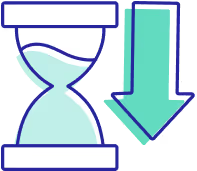
Accurx Connects is returning to London on Tuesday, 28th April. Register now.




.avif)








We’ve broken down the wall between reception and clinicians. We feel like one team.
It’s undoubtedly a fairer system. If you couldn’t queue up at 8am before, you were at a disadvantage.
Triage days are now my favourite days. The work is more structured. You know who you’re seeing and why.

I was quite sceptical about the whole system and went out as the partner representative to go and observe local practices that were using an Accurx total triage model. Now, if someone came and said they were taking our triage system away, I’d be absolutely distraught.